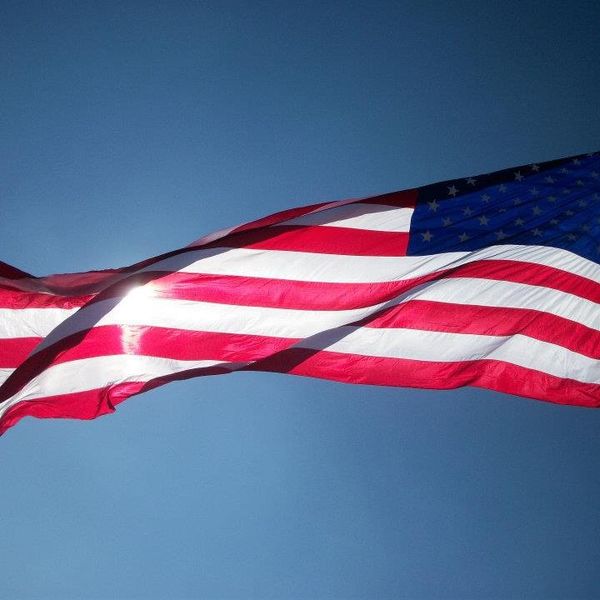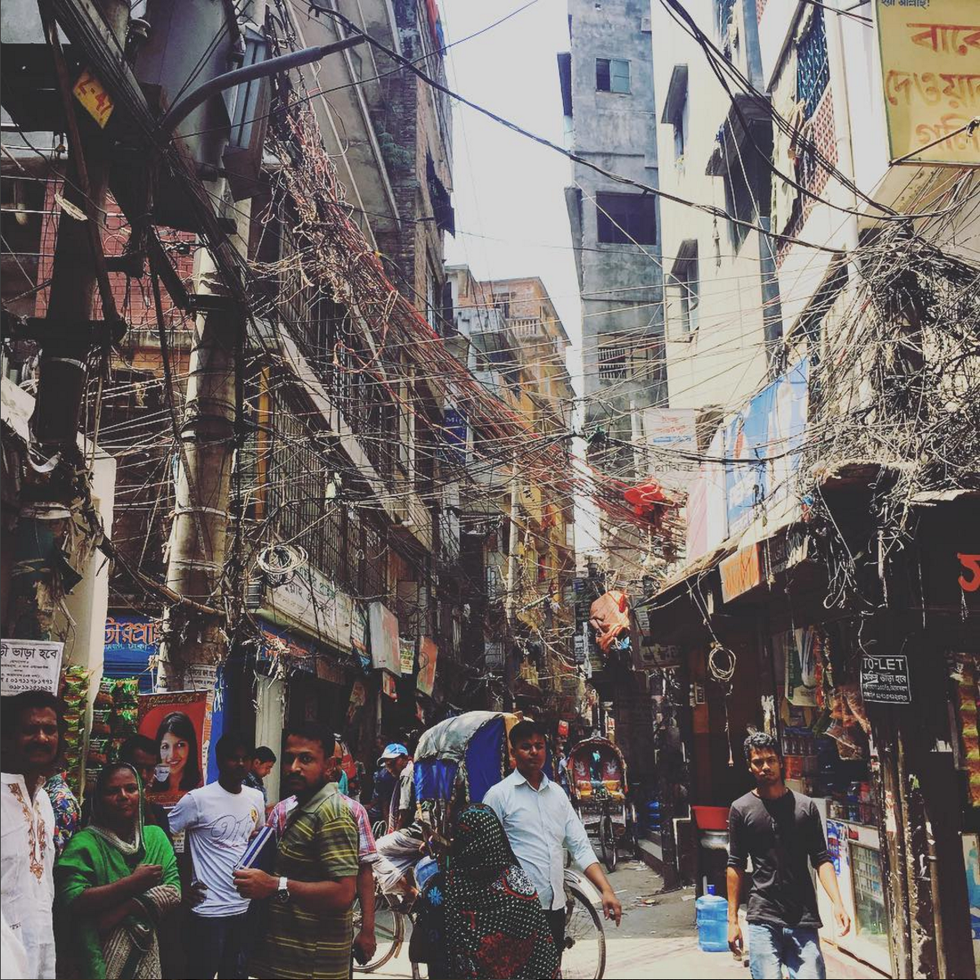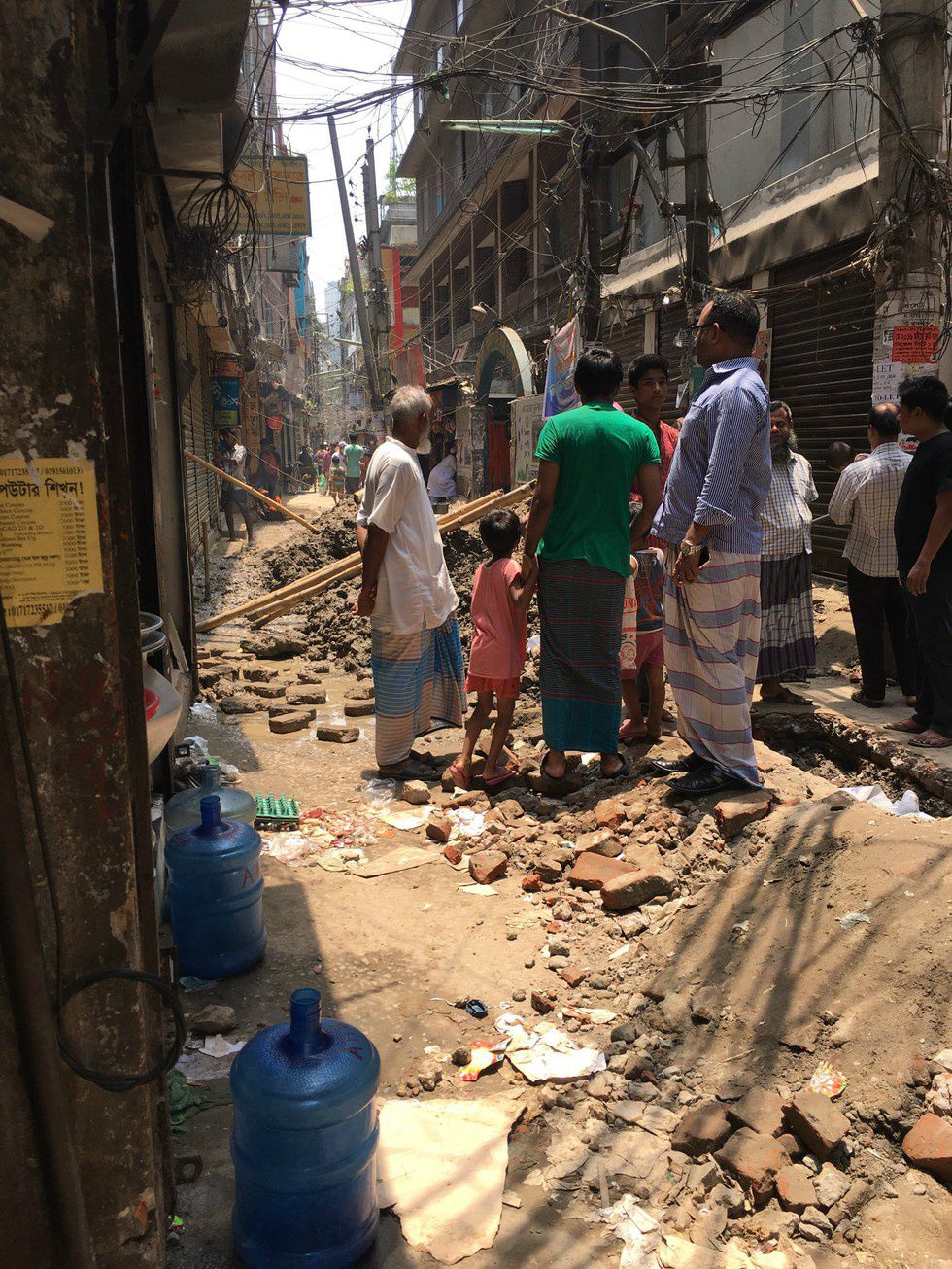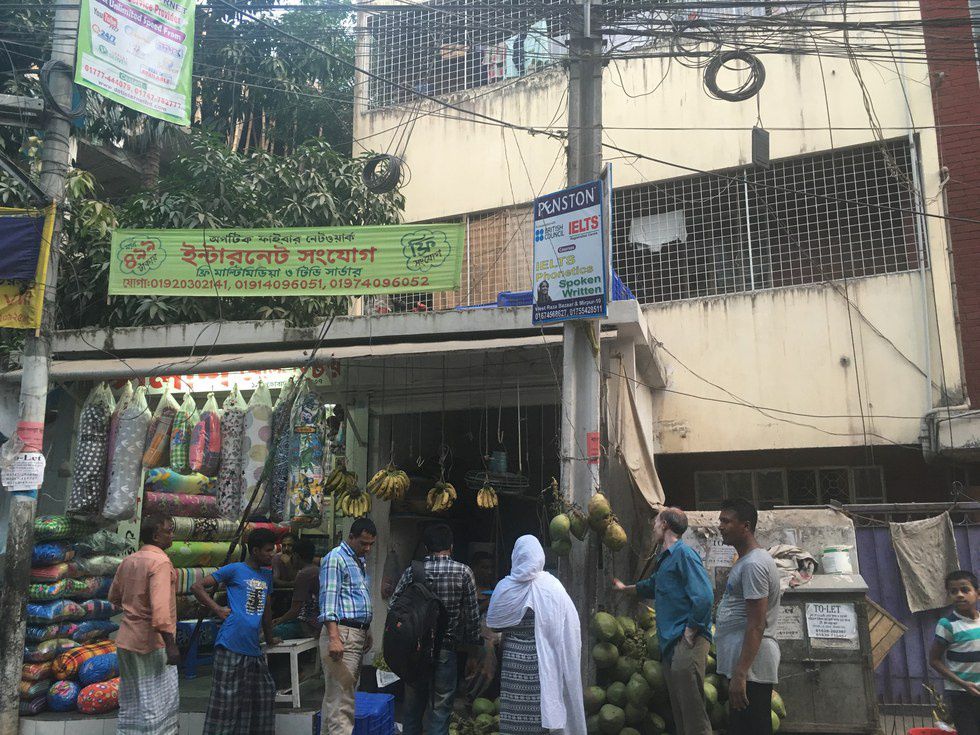When my dad told us we were going on vacation during spring break, I was excited. That is, until he told me the destination. While I was hoping for a trip to St. Barts, my parents had something else in mind: Dhaka, Bangladesh, which if you didn't know, is the farthest thing from a resort town. Over 7,000 miles and a 16 hour-flight away, it's a small country bordering India that my parents lived in until immigrating to the United States in the '80s. The last time we visited was back in 2008, and I didn't exactly have many fond memories from that trip, besides getting the stomach virus that a doctor (if he was even licensed to be called a doctor) somehow accidentally diagnosing it as laryngitis. Little did I know that this time around the experience would be different, although I still did manage to get food poisoning and the electricity still went out every three hours.
It's safe to say that Dhaka, Bangladesh is a severely different world from New York. Both are heavily populated cities, but after you pile poverty, hunger, pollution, corruption and disease on top, you are still not even close to the horrific conditions of Dhaka. See for yourself, in this picture I took of a typical street below.
Living in New York City, I've encountered homeless people relatively often, whether it be on the streets or on the subway. But in Dhaka, there are homeless men, women, children literally everywhere.
There were orphans dressed in rags, covered in dirt, begging for food and money. That quarter that you put in your parking meter would be enough to cover one of those children's lunch. There were old men and women, many with broken or missing body parts, running up to cars, hoping for some change. That dollar that you spent on a pack of gum would be enough to cover their medical bill. But what's worse is that even our donations, whether it be a quarter or a hundred dollars, does not guarantee the well being of all these people. This country is so corrupt that there are incidents where these people are kidnapped and forced to beg for money, and then forced to give up whatever money they earned to their kidnappers. Of course I knew all of this existed through the news and the media, but its one thing to hear about it and its another to witness it. Human trafficking exists, and I've seen it firsthand. The hardest moment was to realize that I was just a bystander, powerless and unable to do anything to stop it.
As the driver made his way through the narrow, polluted, and congested streets from the airport, I saw something else I rarely saw in New York. I saw people smiling and laughing and having a good time. No one was in a rush to get to where they need to be. No one was too busy to make eye contact. As I got out of the car, I was welcomed with kind faces, by people I've never met. The saying, "The less you have the less you have to worry about" might not necessarily be true in all situations, but it seemed that it was in this case. A group of young boys, no older than 6 or 7 years old, were playing soccer with crumpled up newspapers rolled into a ball while a scruffy old street dog chased it. Their mothers sold hand-sewn tapestry and quilts on wooden stands to make ends meet, but were happily chatting away about their plans for Eid, a popularly celebrated Muslim holiday. Across the street their fathers were drinking tea, out of old paper cups, with half ripe bananas and mangoes for sale hanging above them. Being the farthest thing from a Starbucks, the coffee shop was literally a 10 square feet wooden shed, with no air conditioning but a small metal fan in the corner. But no one was complaining about how there was no soy milk or wifi. Instead, they were engaged in an actual conversation, face to face, no phones included.
I do not live in a third world country, nor do I ever want to spend more than a week in one. But visiting Bangladesh during spring break showed me how I take so many things for granted. In no way is my life in America perfect, but I have a roof over my head and food to eat everyday, which is a lot more than what many children my age can say in Bangladesh. Yet, these children still find a way to make things work, making their way to school and still managing to find time to pitch in and helping with the family income. In times of adversity they are able to show perseverance and their strength is something I still have yet to discover.























